What's a circumflex accent in French?
Sometimes you’ll see a little hat over certain letters, but what is it?
A circumflex accent is like a little hat that appears on top of a vowel: â ê î ô û
It doesn’t change the pronunciation at all; it’s simply there to show you that, in olden French, the letter used to be followed by an “s”
forêt - forest (forest)
côte - coste (coast)
hôpital - hospital(hospital)
pâté - paste (pâté)
île - isle (island)
I said above that the circumflex accent is used to show that a word used to contain an “s” in olden days, but there is a second usage of the circumflex accent…
Homographs
A homograph is a word that is spelt the same as another word, but which has a different meaning. We have quite a few in English
Bat (an animal that can fly)
Bat (a thing you use to hit a ball in baseball)
Bank (a place you keep your money)
Bank (the side of a river)
Left (the opposite of “right”)
Left (the past tense of the verb “leave”)
Bar (a place to buy a drink)
Bar (a bar of chocolate)
Letter (a written document)
Letter (a letter of the alphabet)
Live (I live in London)
Live (they have live music)
Right (to be correct)
Right (the opposite of left)
Ring (something you put on your finger)
Ring (to call somebody on the telephone)
Well, it’s the same in French. And oftentimes, if you have two homographs in French, you can distinguish between them in writing by putting a circumflex accent over one of them.
du – of the / some
dû – had to (past participle of “devoir”)
sur – on
sûr – sure
mur – wall
mûr – ripe
notre – our
nôtre - ours
acre – acre
âcre – acrid
jeune – young
jeûne – fasting
cote – ratings
côte – coast
haler – to haul
hâler – to weather
mat – matte / dull
mât – mast / flagpole
tache – stain
tâche – task
votre – your
vôtre – yours
In these homographs, the circumflex accent simply shows you that there are two different words; it doesn’t show that there used to be an “s” in the word in olden French.
Let's practise
See if you can work out what these French words mean. It might be helpful to add an “s” after the letter with a circumflex accent to see if it helps you work out what the meaning is:
- coût
- hôpital
- ancêtre
- château
- rôtir
- fantôme
- bête
- août
- côte
- île
- dégoûtant
- tâche
- conquête
- forêt
- tempête
ANSWERS
- cost
- hospital
- ancestor
- castle
- to roast
- ghost / phantom
- beast
- August
- coast
- island
- disgusting
- task
- conquest
- forest
- storm (tempest)
In context
It’s always good to look at rules in context, because it helps to solidify them in your mind. Let’s read through a few paragraphs from Le Comte de Monte Cristo (The Count of Monte Cristo) by Alexandre Dumas, and focus on any words that contain either a circumflex accent.

1 MARSEILLE. L'ARRIVÉE
Le 24 février 1815, la vigie de Notre-Dame de la Garde signala le trois-mâts le Pharaon, venant de Smyrna, Trieste et Naples.
Comme d’habitude, un pilote côtier partit aussitôt du port, rasa le château d’If, et alla aborder le navire entre le cap de Morgiou et l’île de Rion.
Aussitôt, comme d’habitude encore, la plateforme du fort Saint-Jean s’était couverte de curieux; car c’est toujours une grande affaire à Marseille que l’arrivée d’un bâtiment, surtout quand ce bâtiment, comme le Pharaon, a été construit, gréé, arrimé sur les chantiers de la vieille Phocée, et appartient à un armateur de la ville.
Cependant ce bâtiment s’avançait; il avait heureusement franchi le détroit que quelque secousse volcanique a creusé entre l’île de Calasareigne et l’île de Jaros; il avait doublé Pomègue, et il s’avançait sous ses trois huniers, son grand foc et sa brigantine, mais si lentement et d’une allure si triste, que les curieux, avec cet instinct qui pressent un malheur, se demandaient quel accident pouvait être arrivé à bord. Néanmoins les experts en navigation reconnaissaient que si un accident était arrivé, ce ne pouvait pas être au bâtiment lui-même; car il s’avançait dans toutes les conditions d’un navire parfaitement gouverné: son ancre était en mouillage, ses haubans de beaupré décrochés ; et près du pilote, qui s’apprêtait à diriger le Pharaon par l’étroite entrée du port de Marseille, était un jeune homme au geste rapide et à l’œil actif, qui surveillait chaque mouvement du navire et répétait chaque ordre du pilote.
La vague inquiétude qui planait sur la foule avait particulièrement atteint un des spectateurs de l’esplanade de Saint-Jean, de sorte qu’i ne put attendre l’entrée du bâtiment dans le port; il sauta dans une petite barque et ordonna de ramer au-devant du Pharaon, qu’il atteignit en face de l’anse de la Réserve.
En voyant venir cet homme, le jeune marin quitta son poste à côté du pilote, et vint, le chapeau à la main, s’appuyer à la muraille du bâtiment.
un mât — mast
côtier — coastal
aussitôt — immediately
le château — the castle
une île — an island
un bâtiment — a building
être — to be
lui-même — himself
s’apprêtait — to be about to
côté — side
Get three courses in one bundle, and save money
-

Courses 1, 2 & 3
Get this bundle -

Courses 4, 5 & 6
Get this bundle -

Courses 7, 8 & 9
Get this bundle
Course 2, Building Structures and grammar courses
-

Course 2
Get this course -
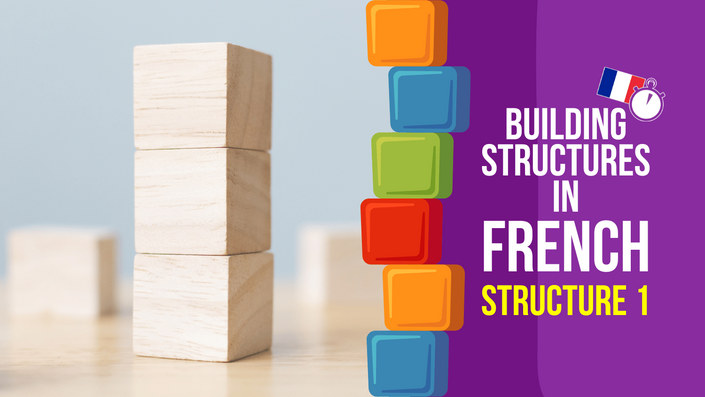
Building Structures
Get this course -
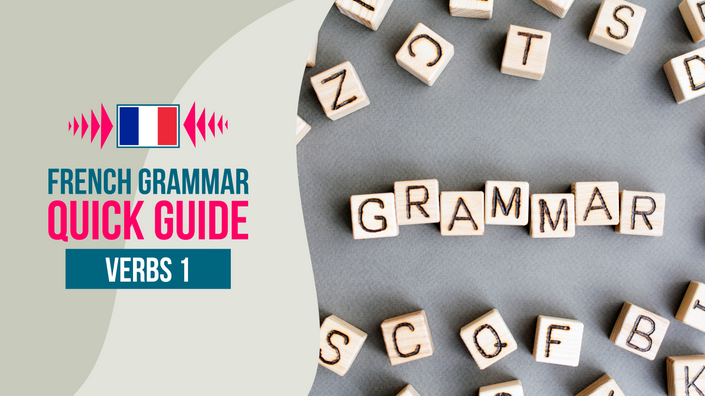
Quick Guide
Get this course
All my French courses
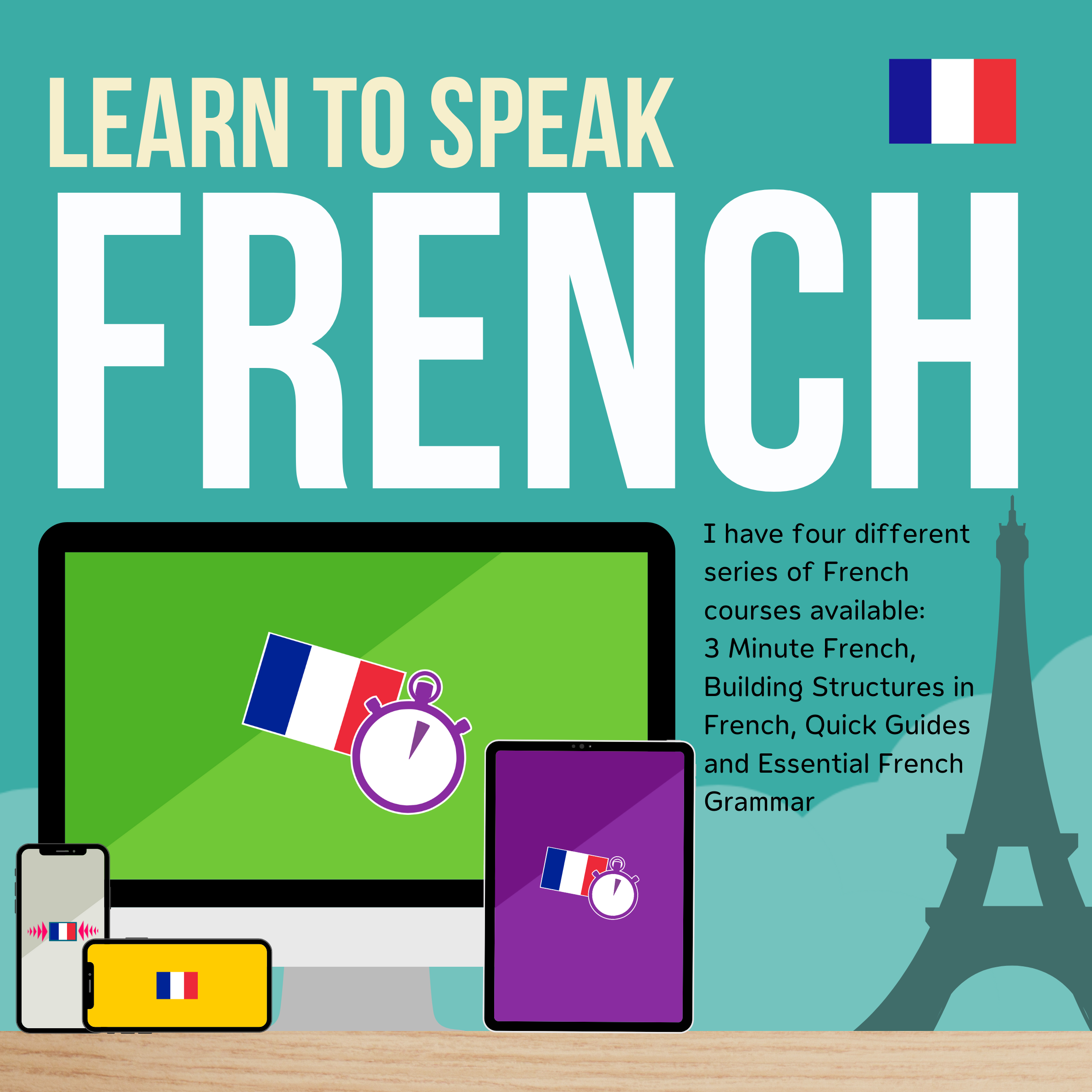
Building Structures in French
Quick Guides
French grammar
Essential French grammar - Future | Conditional | Imperfect
All my Spanish courses
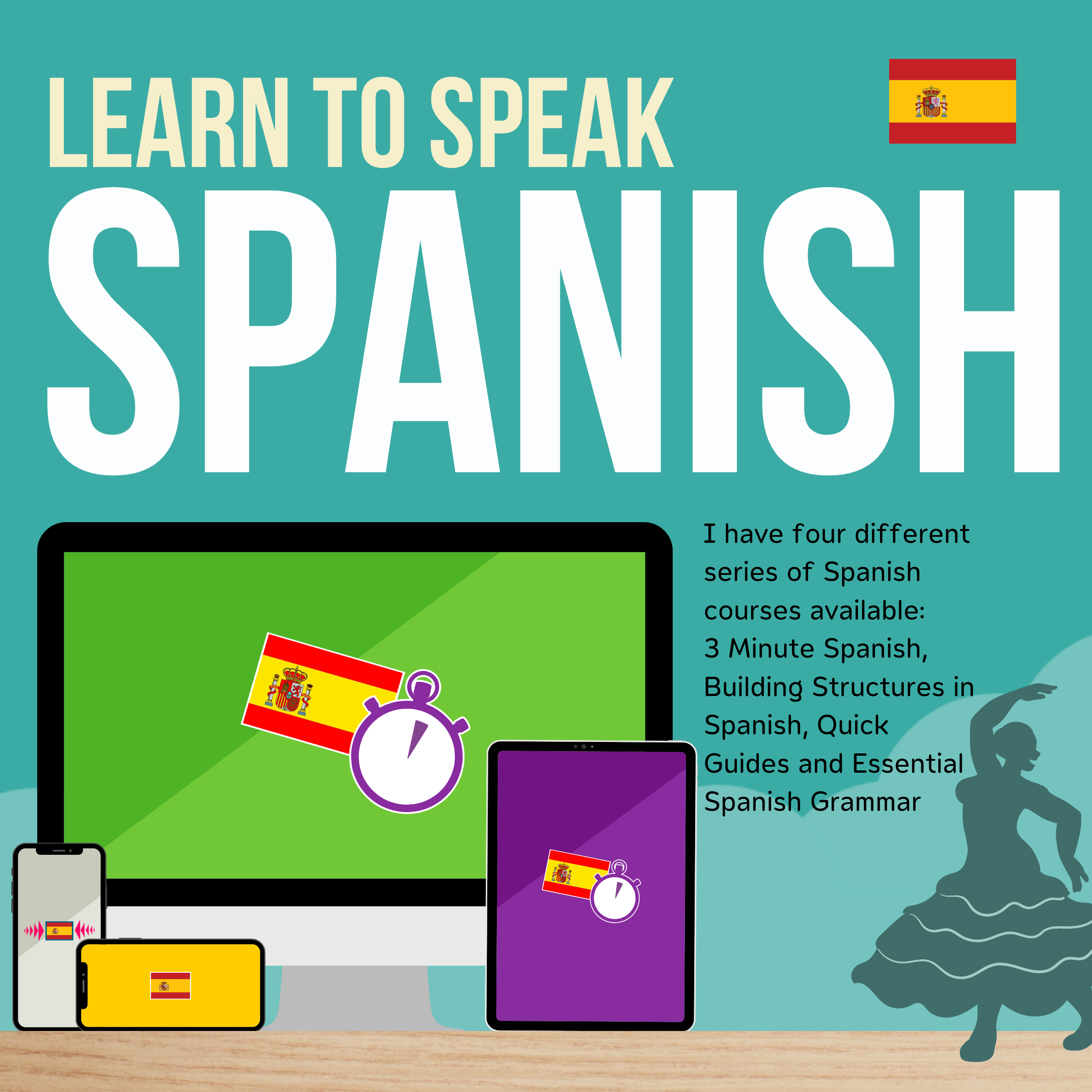
Building Structures in Spanish
Quick Guides
Spanish grammar
Essential French grammar - Future | Conditional | Imperfect
All my German courses

Building Structures in German
Quick Guides
German grammar
Essential French grammar - Future | Conditional | Imperfect
All my Italian courses
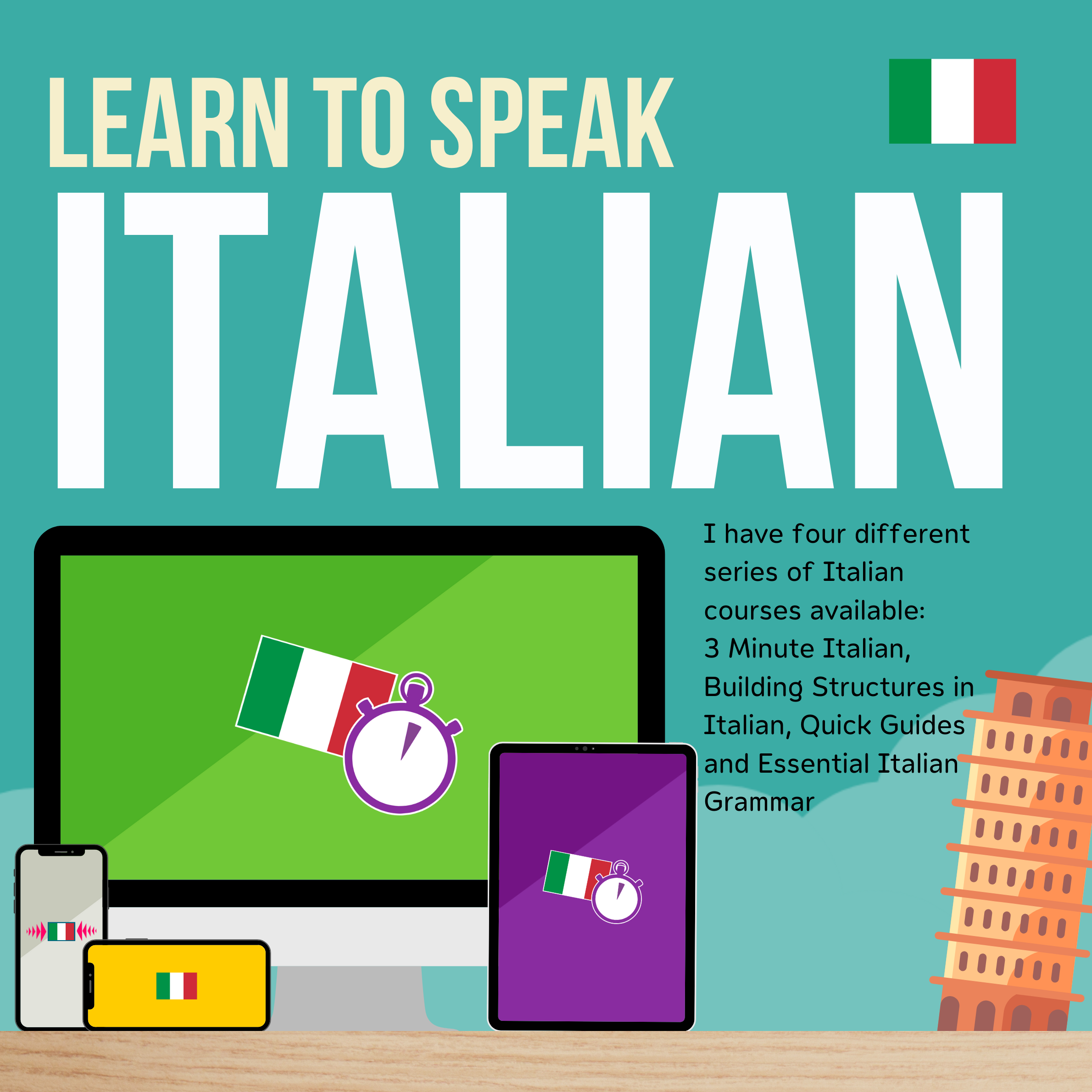
Building Structures in Italian
Quick Guides
Italian grammar
Essential French grammar - Future | Conditional | Imperfect
All my Portuguese courses

Building Structures in Portuguese
Quick Guides
Portuguese grammar
Essential French grammar - Future | Conditional | Imperfect
